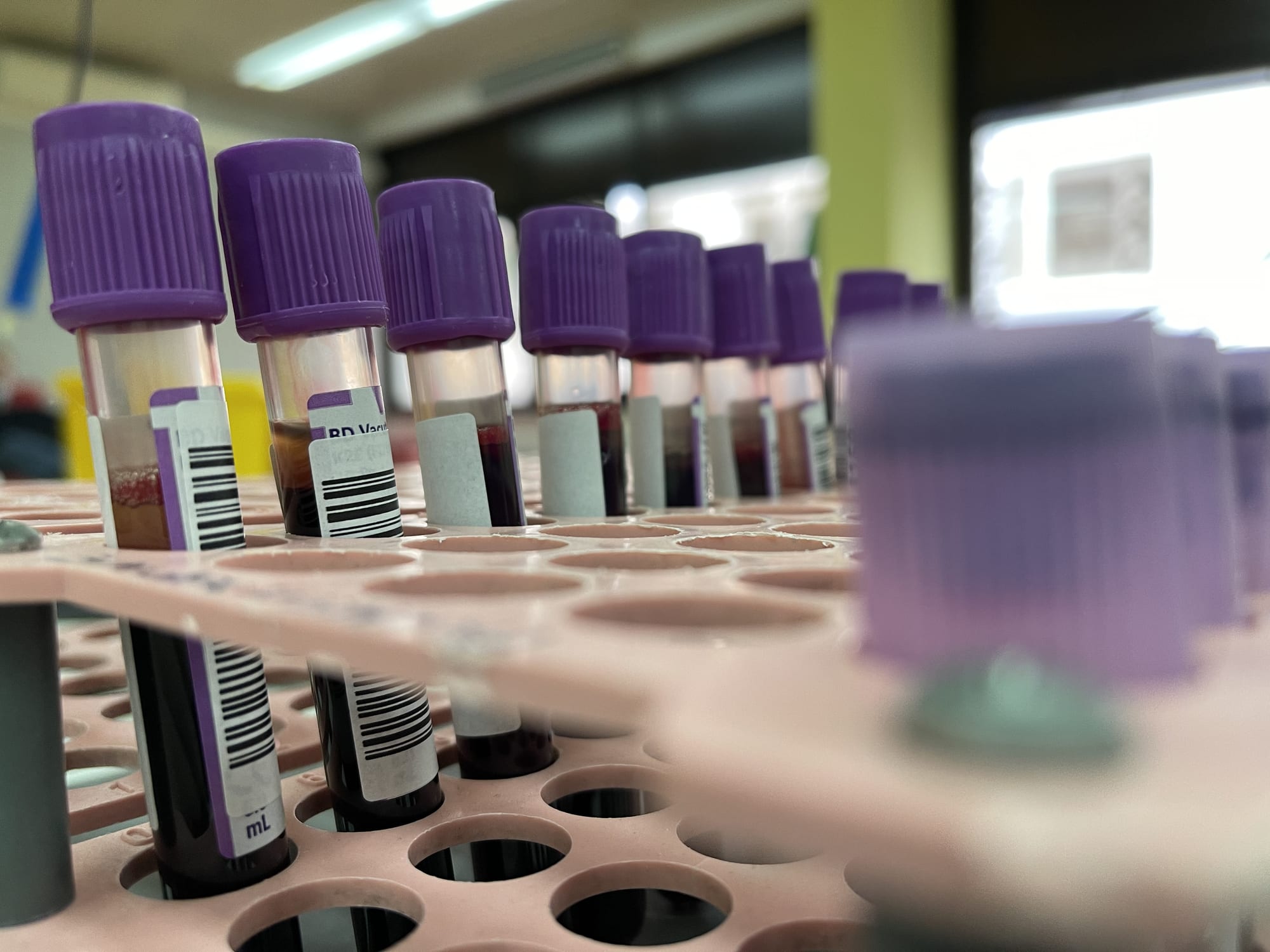Topline
Just as the world gets over the shackles of Covid-19, a new problem arises. In July, more than 6,000 cases of monkeypox had been reported from 58 countries in the current outbreak, the World Health Organization (WHO) said.
Key Facts
Since May, monkeypox, usually a mild viral infection that causes flu-like symptoms and skin lesions, has reportedly been spreading worldwide.
“I continue to be concerned by the scale and spread of the virus across the world,” World Health Organization (WHO) Director-General Tedros Adhanom Ghebreyesus said, adding that a lack of testing meant that there were likely many more cases going unreported.
Reuters reported around 80% of cases are in Europe, he said.
The WHO said in a statement that Africa has, as of June 28, reported 1,821 cases in 13 countries of which 109 are laboratory-confirmed in nine countries. The number of confirmed cases accounts for 2% of the more than 4500 confirmed cases globally. However, there are a large number of suspected cases in the region, 81% of which are in the Democratic Republic of the Congo, underlining the need for increased diagnostic capacity.
Loading...
Outside the six countries in Africa with a history of human transmission, monkeypox has also been reported in three countries which have not previously had any human cases. These include Ghana, Morocco and South Africa, which has confirmed the disease in two patients with no travel history, suggesting there is a high possibility of local transmission.
“The geographic spread of monkeypox to parts of Africa where cases have never been detected before is a worrying sign,” said Dr Matshidiso Moeti, WHO Regional Director for Africa. “It is critical that we support national efforts to boost surveillance and laboratory diagnosis, which are the cornerstones of disease control.”
According to Forbes, health officials in New York City, San Francisco, Canada and the U.K. are stretching out scarce monkeypox vaccine supplies supply by just focusing on delivering as many first doses to high-risk groups as possible. This is a strategy that has been opposed by key federal regulators amid a sluggish vaccine rollout marred by technical mishaps.
Jynneos, the only vaccine specifically approved to prevent monkeypox, is supposed to be given in two doses delivered 28 days apart. However, Forbes reports that experts and health officials have noted that this is a “the urgent situation” and perhaps the better approach would be to focus on getting as many first doses into high-risk people as quickly as possible.
Crucial quote
“What happened in the early days of the COVID-19 vaccine rollout when Africa watched on the sidelines as other countries snapped up limited supplies must not be allowed to recur. There are some signs that this is already happening,” said Dr Moeti. “The current global spotlight on monkeypox should be a catalyst to beat this disease once and for all in Africa. For this, we know vaccines are a critical tool.”
Loading...
